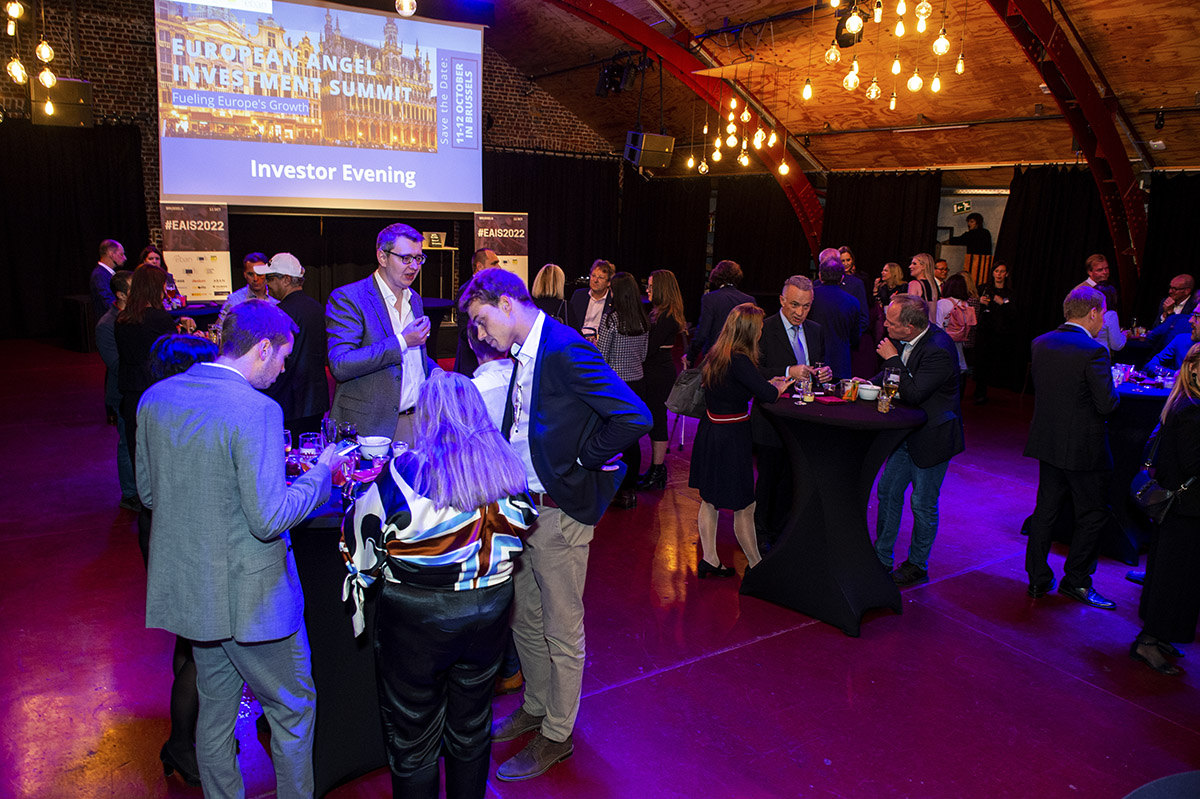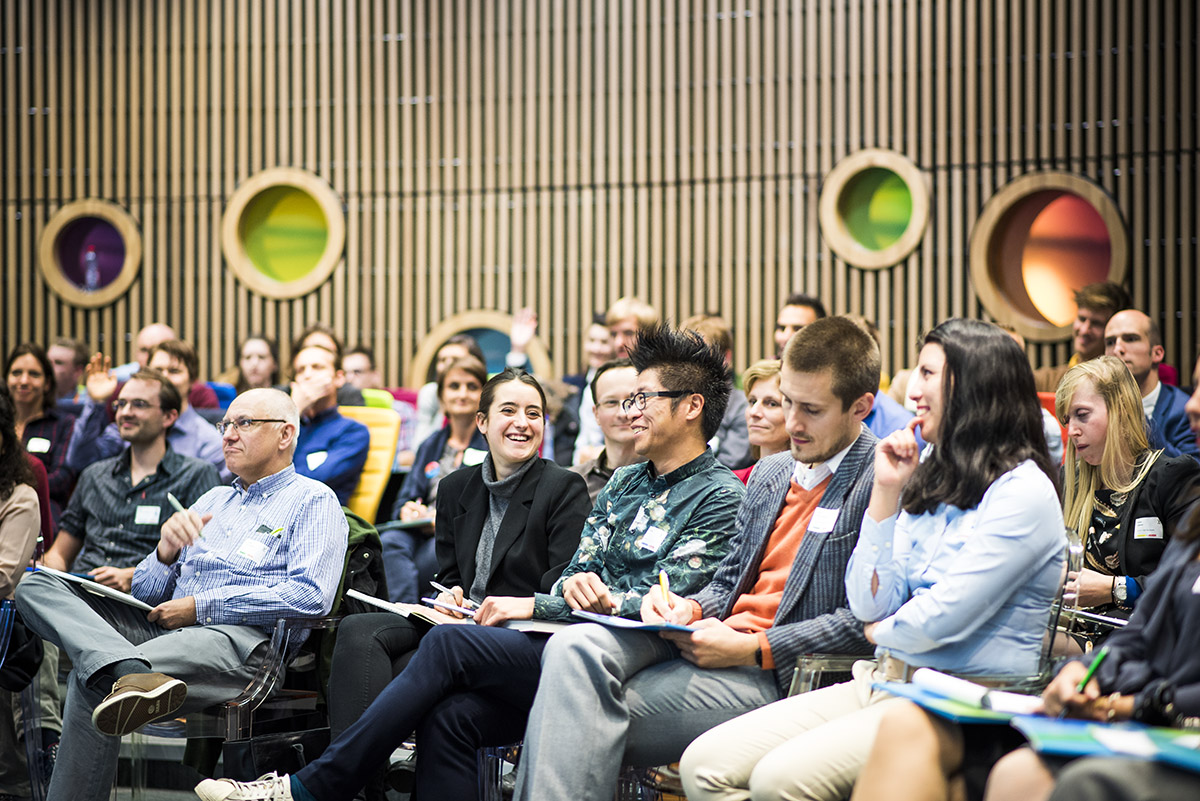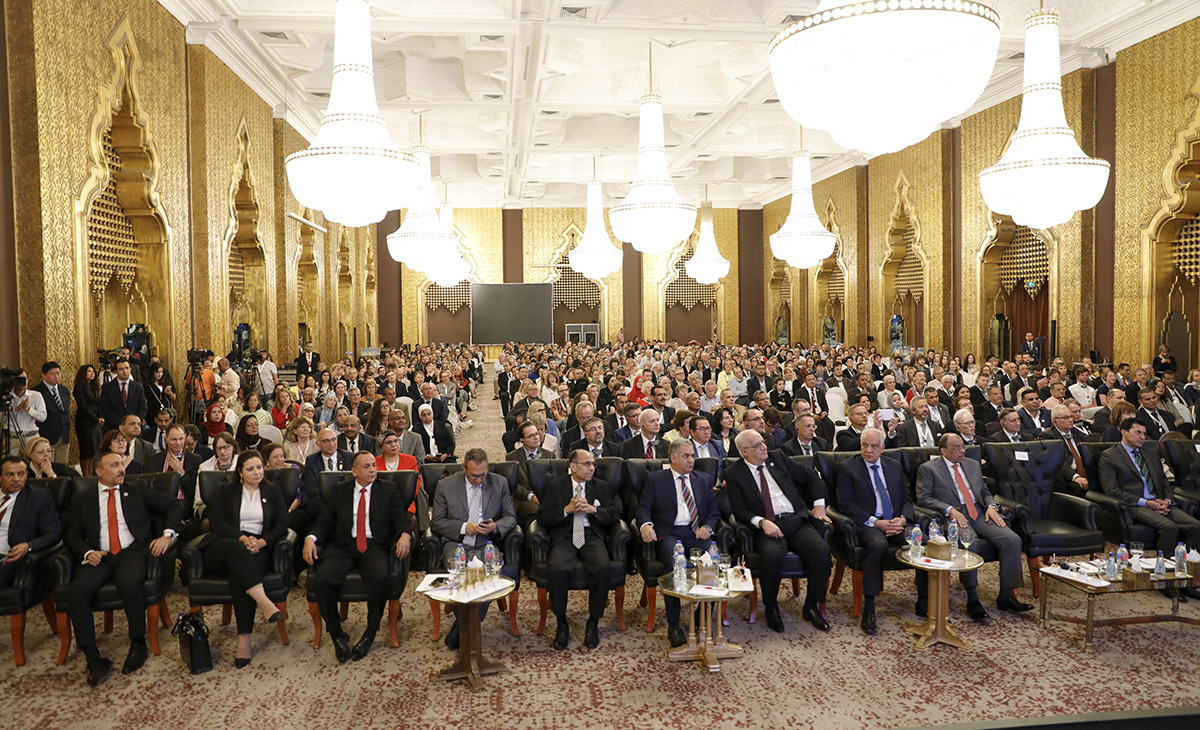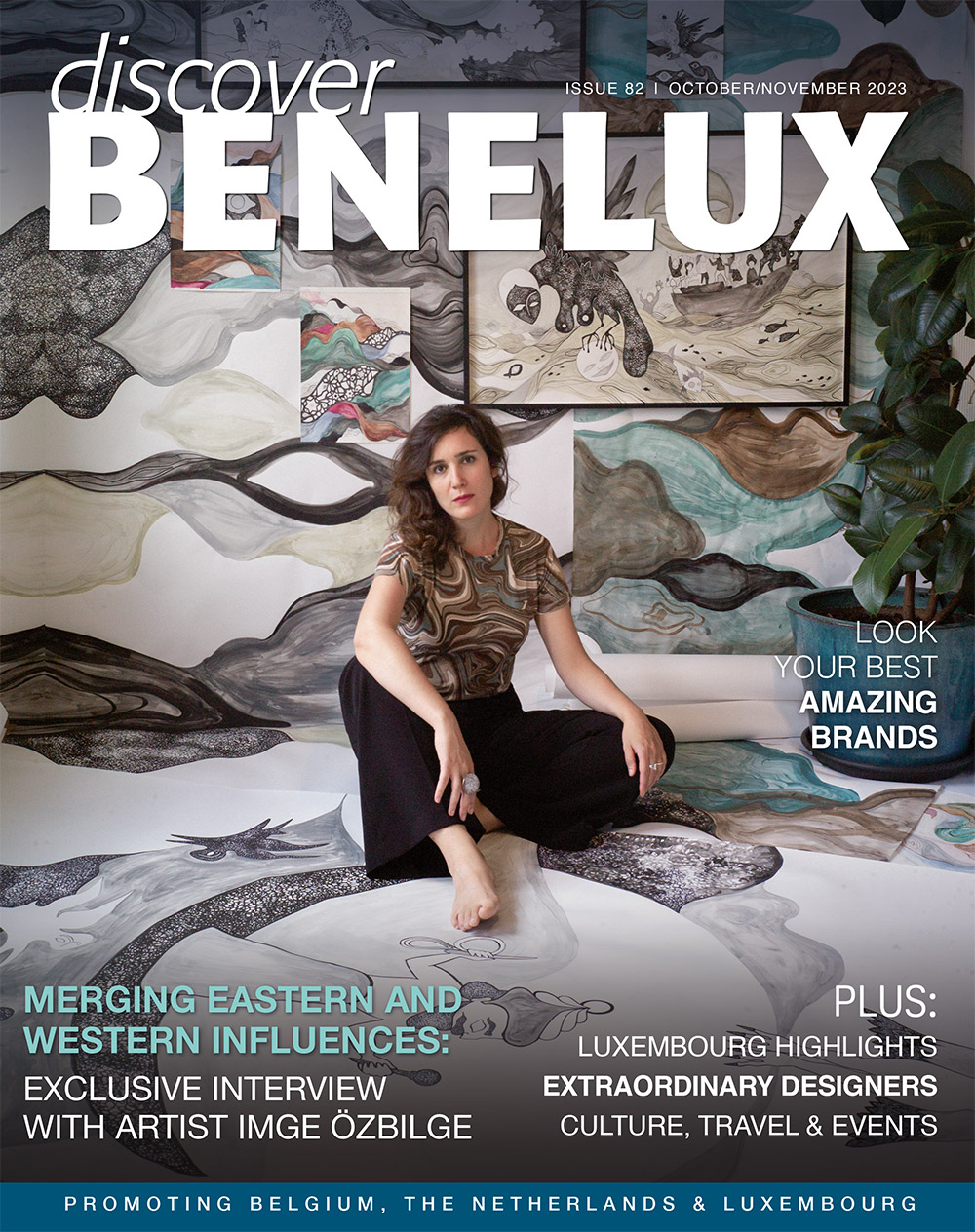Stichting Natuurkunde – Physics made fun
Text: Eva Menger | Photo © Stichting Natuurkunde.nl
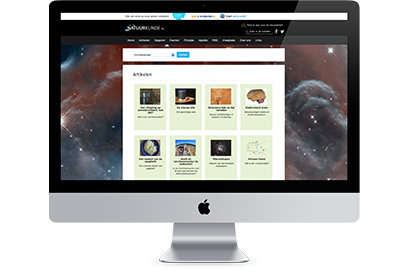
A t the start of the new millennium, the number of enrolments for Dutch physics degrees had dropped so low, that authorities started to worry about the future. The world is nowhere without physicists, so something needed to happen quickly. As part of a wider programme, experts across the field joined forces to create the ultimate online one-stop shop for physics queries. Nearly 20 years later, the website attracts over a million unique visitors a year.
“The platform was developed to show students in secondary education how interesting physics can be, ultimately hoping that they would consider it as a career path,” explains Noortje de Graaf, director of the Netherlands’ Physical Society (Nederlandse Natuurkundige Vereniging). “People picked up on it quickly; students found it the ultimate resource when preparing for their tests, while teachers used it for inspiration on how to develop their lesson plans.”
Starting young
By 2009, natuurkunde.nl was a raging success, but the strong focus on teenagers meant that there was still a lost opportunity. “Children should ideally be exposed to science before they turn seven, as this can significantly increase the chance of them developing a keen interest in the subject,” De Graaf tells us. That is why the founders of natuurkunde.nl started sciencespace.nl, a platform focused on children aged 12 to 15, targeting not just physics but everything else related to science, too.
De Graaf: “For this same reason, colleagues of mine organise an enormous science tournament for Dutch primary schools every year.” Focused on making children familiar with new developments in science, the ’00 Techniek’ tournament is seen as a way to help primary schools effectively implement science modules into their curriculum. “The younger children start, the better,” De Graaf emphasises. “And besides that, it’s very fun!”
A growing demand
Still, natuurkunde.nl is where De Graaf and her colleagues can really feel the strong demand. “Every single year, website traffic escalates in May, right before students enter the final exams,” she says. “An equally clear pattern is visible during an average week, with visits typically plummeting on a Friday afternoon – and picking up on Sunday afternoon, when students across the country slowly start thinking about school again.”
But it is not just the students that are showing a demand, as teachers have also displayed great appreciation for the wealth of teaching materials available on the site. They use the article section for inspiration on what to talk about in their lessons and download the exercises for use in their tests. “For students, this is, of course, an extra motivation to visit the site frequently,” De Graaf admits. “They probably hope that they will bump into an exercise that they will be tested on in class! But, due to the vast amount of practice material available on the site, the chance of that happening is incredibly slim.”
A much more effective way for students to gain benefit from the website is by asking questions. The FAQ section is specially designed for students that are getting stuck, and holds a 24-hour answering policy. “A group of teachers works hard to answer these questions without giving anything away,” De Graaf tells us. Instead of getting plain answers, students will always be encouraged to think about why they do not understand a certain concept: is it because they are not looking at the bigger picture, or because they are missing a crucial step?
Whether it is through asking online questions or watching video content: today’s students want learning to be interactive. “Responding to the emergence of technology and the Internet, education has changed quite drastically over the years, and our website needs to reflect that,” says De Graaf. Where writing strong copy used to be enough to draw people in, there is now a need for something much more interesting. That is why natuurkunde.nl now also develops and publishes educational videos, and tries to stay on-topic as much as possible by creating content around major research publications within the field.
De Graaf: “In the ever-changing world of science and education, it feels like there’s always something to add. But that’s not to say that we’re not incredibly proud. Both traffic numbers and positive feedback tell us that what we’re doing is invaluable and that we must keep going. We started this website from scratch, without ever making any profit. No ads – just education.” What would she like to see in the future? “More women,” she answers firmly. “Though the percentage of women in physics is growing, it’s still very much a man’s world. And I would love for that to be different.”
Subscribe to Our Newsletter
Receive our monthly newsletter by email

